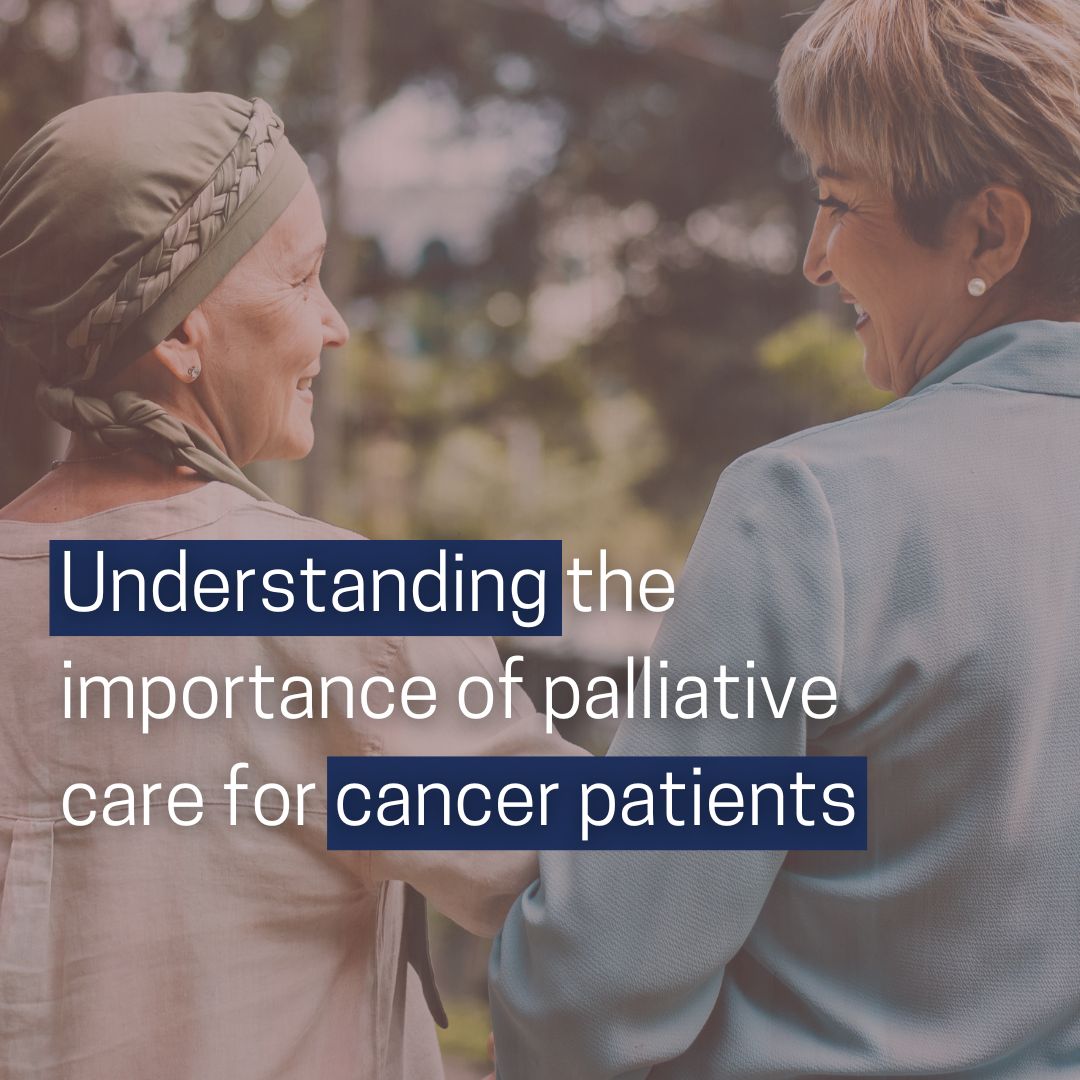Every year, on World Cancer Day, we unite to raise awareness about the disease that affects millions of lives worldwide. It serves as a reminder of the importance of supporting those impacted, both patients and their families. It also provides an opportunity to highlight the need for compassionate care, especially for individuals facing these challenges. At Skills Centre Australia, we recognise the significant role healthcare providers play in supporting individuals with life-limiting conditions, such as cancer. One of the most vital areas of support in these situations is palliative care, which focuses on enhancing the quality of life for patients by managing symptoms, reducing pain, and addressing emotional and psychological needs. Palliative care ensures individuals with serious illnesses receive the dignity and comfort they deserve during the most difficult times of their lives.
With that said, we recognise cancer is not always a life-threatening illness, and in many cases, individuals may undergo successful treatment or achieve remission, which may not require palliative care. However, for those with advanced or terminal cancer, palliative care becomes an essential part of the process.

Understanding the importance of palliative care for cancer patients
Palliative care plays a key role in supporting individuals with advanced or terminal cancer. Unlike curative treatments that aim to eliminate the disease, palliative care focuses on improving the patient’s quality of life at any stage of the illness. It involves a holistic approach to healthcare, addressing not only physical symptoms but also emotional, social, and spiritual needs. The goal is to provide comfort and support, allowing individuals with cancer to live the remainder of their time with dignity, peace, and as much independence as possible.
What is palliative care?
For patients, palliative care focuses on managing pain and other distressing symptoms, such as nausea, fatigue, or shortness of breath. It also addresses psychological issues, such as depression, anxiety, and fear, which are common in those living with cancer. Additionally, it extends to the emotional and spiritual aspects of the patient’s journey, helping individuals (and their families) navigate complex decisions, and cope with the emotional burden of the illness.
An integral approach to palliative care involves a team of healthcare professionals, including doctors, nurses, social workers, and chaplains, who collaborate to address the unique needs of each patient. This type of care can be provided alongside treatments aimed at curing the disease but is often introduced when those options are no longer effective, or when a patient is facing a more severe form of cancer.

Key benefits of palliative care for cancer patients
Palliative care offers numerous benefits for cancer patients by prioritising their comfort and wellbeing. It addresses various challenges, aiming to improve the patient’s overall quality of life, providing key benefits, such as:
- Pain symptoms management: One of the primary objectives in providing support for cancer patients is effective pain management. Cancer-related pain can be complex, often requiring a combination of medications, therapies, and interventions to alleviate discomfort. Experts in this field are highly skilled at identifying the most effective strategies to manage pain, enabling patients to experience significantly improved quality of life, even during challenging times.
- Improved quality of life: By addressing physical, emotional, and psychological symptoms, palliative care helps patients to live more comfortably and maintain their dignity. Whether it is through managing symptoms, or providing emotional support, palliative care helps patients to sustain a greater sense of their wellbeing as they navigate the challenges of their illness.
- Psychological and emotional support: The emotional toll of cancer extends beyond the patient, affecting families as well. Specialised care teams offer counselling and mental health support to help individuals cope with the mental health issues that are often associated with a cancer diagnosis. This support is invaluable in helping both patients and their loved ones feel heard, understood, and cared for throughout the process.
- Spiritual care: As cancer patients confront difficult realities, existential and spiritual questions may arise, adding an emotional layer to their experience. To address this, care teams often include chaplains or spiritual counsellors who offer guidance, comfort, and peace. This compassionate support ensures the spiritual needs of patients are respected, regardless of their beliefs.
- Family support and caregiver assistance: Caring for a loved one with cancer is emotionally and physically demanding, and this support extends to family members and caregivers as well. In addition to focusing on the patient, this approach provides crucial support to those caring for them. Services like respite, counselling, and guidance on how to manage caregiving responsibilities help reduce stress and ensure they can navigate their responsibilities while maintaining their own wellbeing.
- Advance care planning and decision making: As patients face the progression of their illness, making informed decisions about the care they receive becomes critical. This approach supports families in discussing end-of-life care options, setting clear treatment goals, and ensuring the patient’s wishes are honoured. Thoughtful advance care planning helps ensure that patients receive the care they desire, maintaining control over their treatment decisions.
The role of healthcare workers in palliative care
For professionals in the aged care and disability sectors, understanding the principles of palliative care is crucial for providing the best level of support to individuals with life-limiting illnesses. Training in palliative care (such as the course offered by Skills Centre Australia) equips healthcare workers with the skills to manage complex symptoms, communicate compassionately with patients and families, and offer crucial support during some of life’s most challenging times.
At Skills Centre Australia, we offer comprehensive palliative care training specifically tailored to those in healthcare settings. Our course is designed to provide healthcare professionals with the knowledge, skills, and confidence needed to deliver effective support. Gaining expertise in palliative care ensures you can meet the diverse needs of your patients, while providing them with the comfort, dignity, and respect they deserve.

World Cancer Day highlights the ongoing need for compassionate and comprehensive care for individuals affected by cancer. For those facing advanced or terminal stages of the disease, palliative care is an integral part of treatment, ensuring patients are supported in all aspects of their journey. Healthcare workers who understand and implement palliative care principles are better equipped to provide the highest level of comfort and dignity to their patients.
To learn more about our dedicated, industry-recognised Palliative Care training, or to enrol, visit the course page on our website: https://kcskillscentre.com.au/training/palliative-care-kc-skills-centre/.


